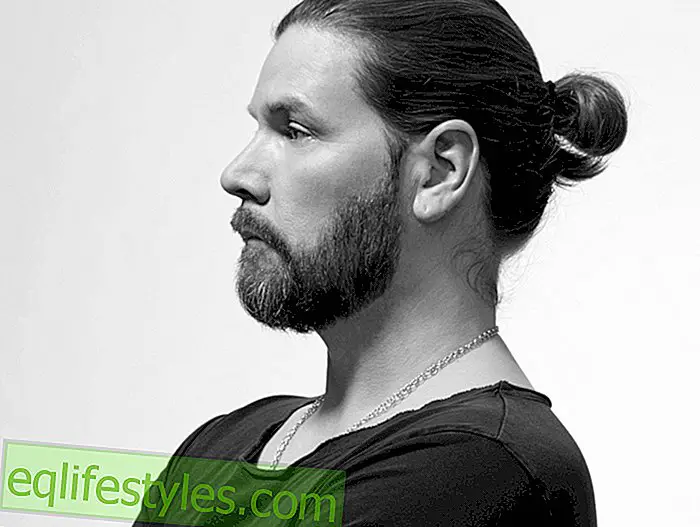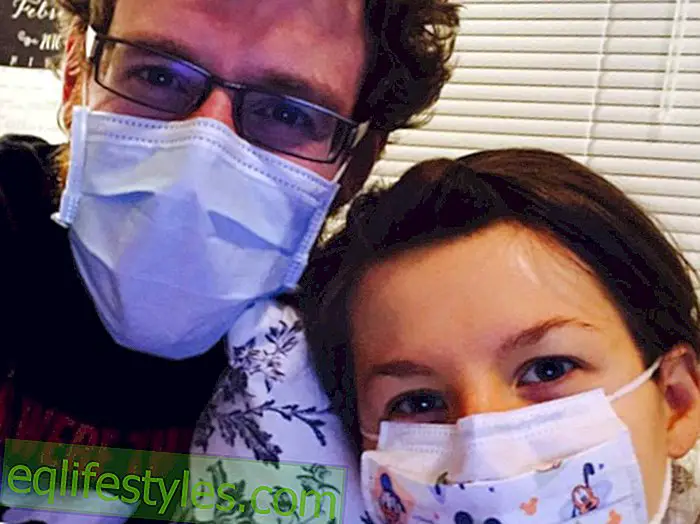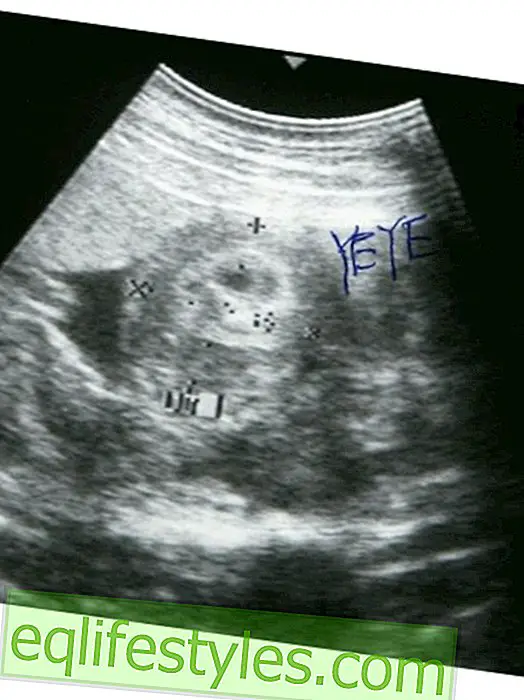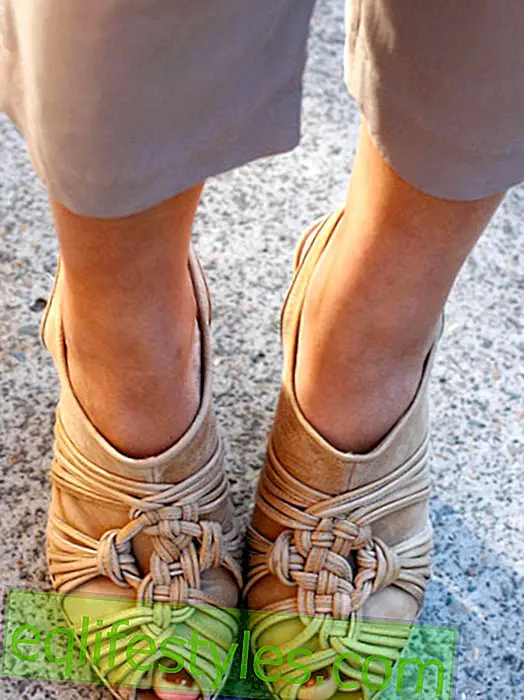
Photo: djd
Expert Interview
The WUNDERWEIB expert for intestinal disorders and digestive problems: Claudia Herzler
Claudia Herzler is a resident specialist in surgical dermatology, skin tumor surgery, proctology (conservative and surgical treatment of rectal disorders), venereal disease (STD), HIV-associated dermatoses, allergology, laser surgery, venereology and dermatological-aesthetic therapy from Berlin.
In the large WUNDERWEIB interview, the expert explains why intestinal problems and indigestion should be taken seriously and gives helpful tips on treatment options.

Which factors influence the development of rectal problems?
Claudia Herzler : In addition to serious illnesses, eating habits - such as fast food, low fiber, irregular eating, stuffing stimulants - and a lack of exercise play an important role. Also, professional circumstances, which are accompanied by suppression of natural stool urgency or stress, promote the emergence of hemorrhoidal disease and the associated sequelae. In old age, the intestinal mobility becomes sluggish and gravity does the rest. Women may experience subsidence of the pelvic floor, which may result in an episode of hemorrhoids or even the entire rectum.
To what extent can bloating, diarrhea or constipation affect the quality of life?
Claudia Herzler : Flatulence, diarrhea or constipation problems can permanently drive people into isolation and decisively determine their daily routine. The thoughts then increasingly circle around questions such as: "Where can I find the next toilet on which I can be undisturbed?" If you have to hold back the chair or resist flatulence, this can lead to pain and serious disorders in the rectum.
What are the sequelae associated with intestinal disorders?
Claudia Herzler : It can lead to an enlargement of the hemorrhoids and thus to increased fluid secretion in the anal area. It causes irritation with bacterial over-colonization, tearing of the anal skin and possibly also allergies and eczema. A subsequent increased need for cleaning can cause additional irritation and destroy the natural acid mantle of sensitive skin.
How can one prevent a dysfunction or positively influence its course? What about laxatives?
Claudia Herzler : Exercise and adequate hydration of two to three liters throughout the day is sensible. The diet should include a balanced, high-fiber and low-fat diet. To rule out serious anatomical or disease-related complaints, however, preventive rectal and colonoscopy are essential.
When is a visit to the doctor advisable?
Claudia Herzler : For complaints that last longer than one month, or possibly even earlier - for example, from bleeding from the rectum or severe pain.

Do hemorrhoidal diseases have a classic course and how can they be stopped?
Claudia Herzler : The classic course is a gradual enlargement of the hemorrhoids. Stage 1 is associated with slight enlargement, stage 2 with marked increase in hemorrhoids. At stage 3, they fall out of the anal canal when pressed, but can be pushed back. In stage 4, the hemorrhages that have occurred are no longer reversible and can only be operated on. Stage-appropriate treatment can generally prevent progression of the disease. In addition, changes in dietary habits and physical activity play an important role. Various pelvic floor muscle exercises can positively influence the course.
What needs to be taken to prevent injury to the hemorrhagic tissue? Who is particularly vulnerable?
Claudia Herzler : On the one hand endangered are people who have a genetic predisposition for the development of hemorrhoids, on the other hand, patients with defecation problems. Chronic constipation and long-lasting diarrhea can have a variety of causes and irritate and injure the hemorrhoidal tissue in the long run, so that it enlarges and the holding apparatus in the rectum quasi ausleiert. Also stool habits such as strong pressing and re-pressing in case of too firm a stool lead in the long run to enlarged hemorrhoids.
How or how to relieve symptoms and pain?
Claudia Herzler : It is best to start with mild procedures for relief, such as sitz baths in light black tea or synthetic tannins, and creaming with soft zinc paste, which you can get without a prescription at any pharmacy. For mild ailments you can also use pain relieving ointments as Posterisan acute. Ointments and suppositories no longer help when the underlying condition is too advanced and can only be repaired mechanically by ligatures or surgery. In stage 1 and 2, the success of ointment and suppository treatment also depends on whether patients correct their lifestyle and, above all, refrain from pressing during bowel movements.
Rubber band ligation, sclerotherapy or surgery - at what stage are the interventions performed? Do they bring lasting success?
Claudia Herzler : The first stage is very good with the so-called sclerotherapy, the sclerotherapy, treatable. In the second stage, the rubber band ligation is also used, in which enlarged hemorrhoid nodules are ligated and fall off over time. This method can still succeed in stage 3. In stage 4, only one operation is promising. Whether the treatment has lasting effects, however, also depends on the genetic make-up and lifestyle of the patient.
What do you recommend to people who travel a lot? What treatment options are there for you?
Claudia Herzler : For people who travel frequently and have problems with the rectum area, small disposable tubes ready for travel are practical, which can be easily used for complaints and pain. In addition, you should take painkilling suppositories on the trip and a cream or ointment, which you can apply in the evening for irritation in the evening for reassurance. From the use of wet wipes is not recommended from a dermatological point of view, since they can lead to skin irritation.









